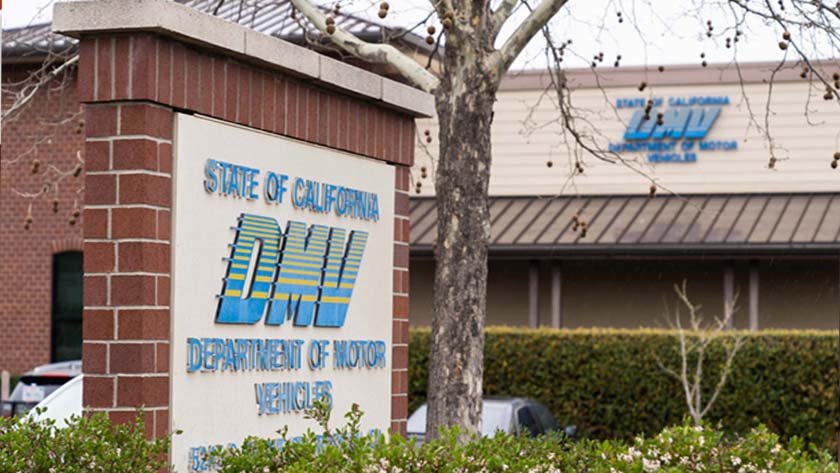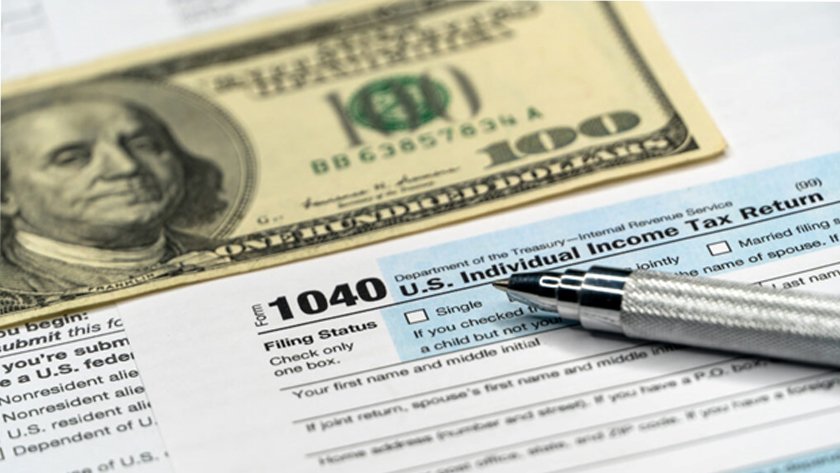Tax season can be a stressful time for self-employed individuals. As you gather your receipts and paperwork, you can’t help but wonder if you’re doing everything you can to maximize your deductions and credits. Are you missing out on potential tax savings? With so much to worry about or report, it can be overwhelming to figure out where to start. That’s where Barran tax filing services come in. We guide you through the maze of deductions and credits, making sure you’re taking advantage of every opportunity to save.
In this blog post, we’ll explore the different deductions and credits available to self-employed taxpayers and provide strategies for maximizing them. Whether you’re a seasoned entrepreneur or just starting, this guide will help you get the most out of your tax return.
Table of Contents
Why Self-Employment Tax Matters
Self-employment tax refers to the taxes paid by self-employed individuals on their net earnings. Self-employed taxpayers are responsible for paying both the employer and employee portions of social security and medicare taxes, which can be a significant expense. Deductions and credits can help reduce the tax liability for self-employed individuals.
Self-employment tax is calculated based on the net earnings from self-employment, which is the gross income minus business expenses. This tax impacts the deductions and credits available to self-employed taxpayers, as they must first calculate their net earnings before taking advantage of these benefits.
Deductions Available for Self-Employed Taxpayers
Home Office Deduction
The home office deduction allows self-employed individuals to deduct expenses related to the use of their home as a workplace. To qualify for this deduction, you must have a designated workspace in your home used exclusively for business purposes.
Business Use of Vehicle Deduction
If you use your vehicle for business purposes, you may be able to deduct the expenses associated with that usage. This includes expenses such as fuel, maintenance, and repairs. To qualify for this deduction, you must keep a record of the mileage used for business purposes.
Health Insurance Deduction
Self-employed individuals can deduct the cost of health insurance premiums. To be eligible for this deduction, you must not be eligible for health insurance through an employer or a spouse’s employer.
Retirement Savings Plan Deduction
Contributions to a retirement savings plan, such as a SEP IRA, are deductible. The contribution limit is based on your net earnings from self-employment.
Credits Available for Self-Employed Taxpayers
Earned Income Tax Credit (EITC)
The Earned Income Tax Credit (EITC) is a federal tax credit designed to help low-to-moderate-income earners keep more of their hard-earned money. This credit can significantly reduce the amount of tax owed and even result in a refund.
Self-Employment Tax Credit
This credit allows self-employed individuals to receive a credit for the employer portion of their self-employment taxes. By taking advantage of this credit, self-employed taxpayers can reduce their tax liability and keep more of their hard-earned money.
Child and Dependent Care Credit
This tax credit is available to those who pay for child or dependent care while they work. The credit helps offset the cost of care and allows working individuals to continue earning a living.
Strategies for Maximizing Deductions and Credits

Keep Accurate Records
For self-employed individuals, keeping accurate records is essential for maximizing deductions and credits. Without proper documentation, it can be challenging to determine which expenses are deductible, and it can even lead to errors in tax filings. That’s why it’s crucial to keep detailed records of all business expenses.
Separate Business and Personal Expenses
As a self-employed individual, it’s not uncommon to blur the lines between business and personal expenses. However, it’s important to keep these expenses separate to maximize deductions and credits accurately. By separating business and personal expenses, self-employed individuals can more easily determine which expenses are deductible and avoid errors in tax filings.
Plan for Retirement Contributions:
For self-employed individuals, planning for retirement can be challenging, as there is no employer-sponsored retirement plan to rely on. However, contributing to a retirement savings plan can help reduce your tax liability and provide long-term benefits. By investing in a retirement savings plan, such as a SEP IRA, self-employed individuals can deduct their contributions and reduce their taxable income.
Consider Tax Planning Services:
Tax planning can be a complex process, especially for self-employed individuals. Numerous deductions and credits are available, and understanding the tax laws and regulations can be challenging. That’s where our tax planning services come in. We can help identify additional deductions and credits, ensure compliance with tax laws, and provide guidance on how to maximize tax savings.
Consult with a Tax Professional
Navigating the tax code as a self-employed individual can be overwhelming, and it’s easy to miss deductions and credits that could help reduce your tax liability. That’s why it’s essential to consider consulting with a tax professional. Tax professionals can provide guidance on maximizing deductions and credits, ensuring accurate tax filings, and avoiding costly mistakes that could lead to penalties or additional taxes owed.

Conclusion
Maximizing deductions and credits can significantly reduce the tax liability for self-employed taxpayers. By understanding the deductions and credits available, keeping accurate records, and consulting with tax professionals, self-employed individuals can maximize their tax benefits and save money in the long run.
At Barron Income tax services, we specialize in tailoring the right service for our clients. We understand every customer has Read more
When you first start filing your tax returns, one of the many questions that come into mind is; should I Read more
With rules changing on sudden notice and many businesses having to enforce limits & restrictions on their premises. It is Read more
If you are the one who engages in business outside his country or deals with overseas legal documents, you need a Read more
After months of negotiations the $1,400 stimulus check has been approved and ready to go! In this article, we will Read more
Are you tired of struggling with bookkeeping mistakes that can jeopardize your business? Look no further! Barron Income Tax has Read more
Tax season frequently emerges as one of the most anxiety-inducing periods in the lives of taxpayers. Meeting the stringent filing Read more
Are you a small business proprietor dreading the impending tax season? The prospect of delving into heaps of paperwork and Read more








